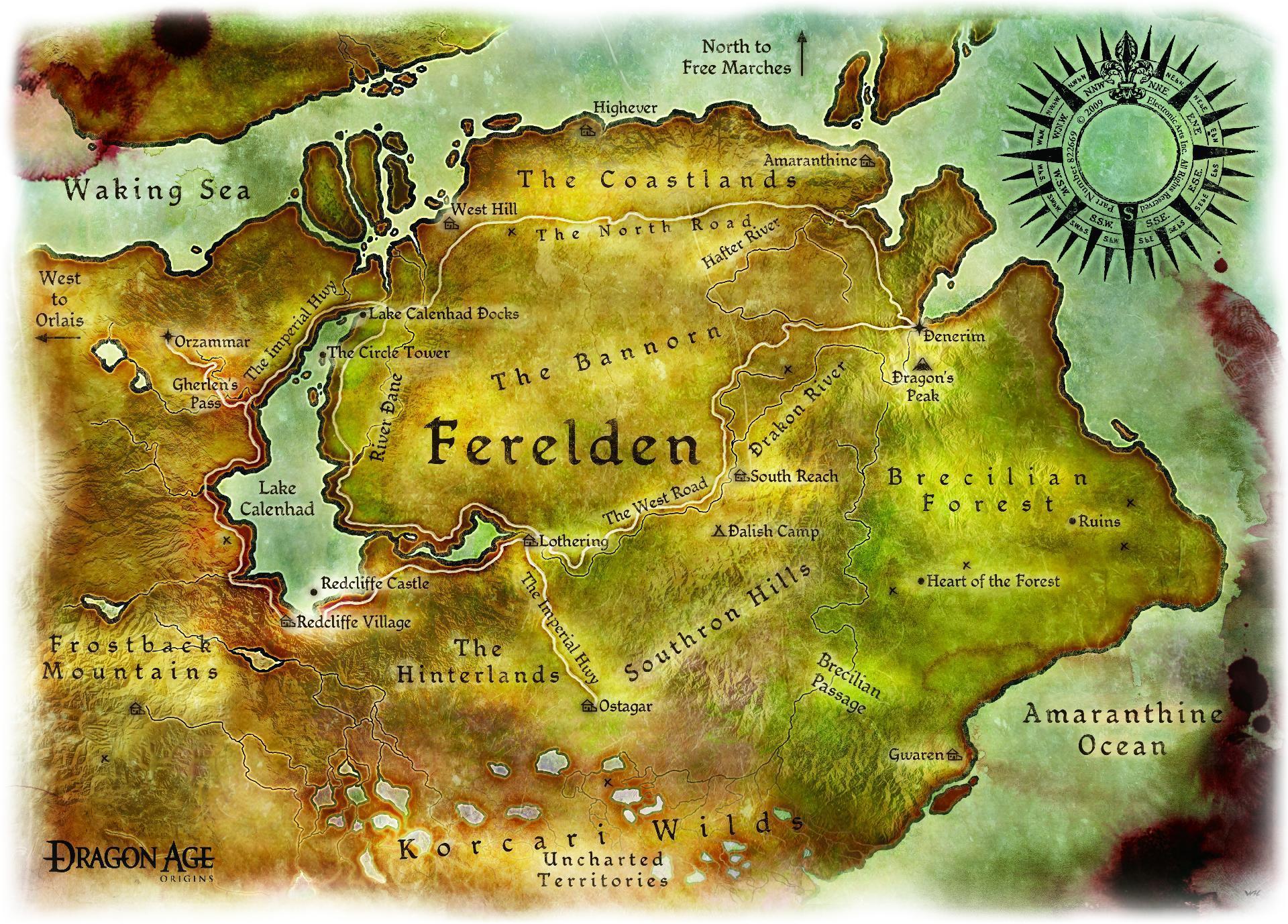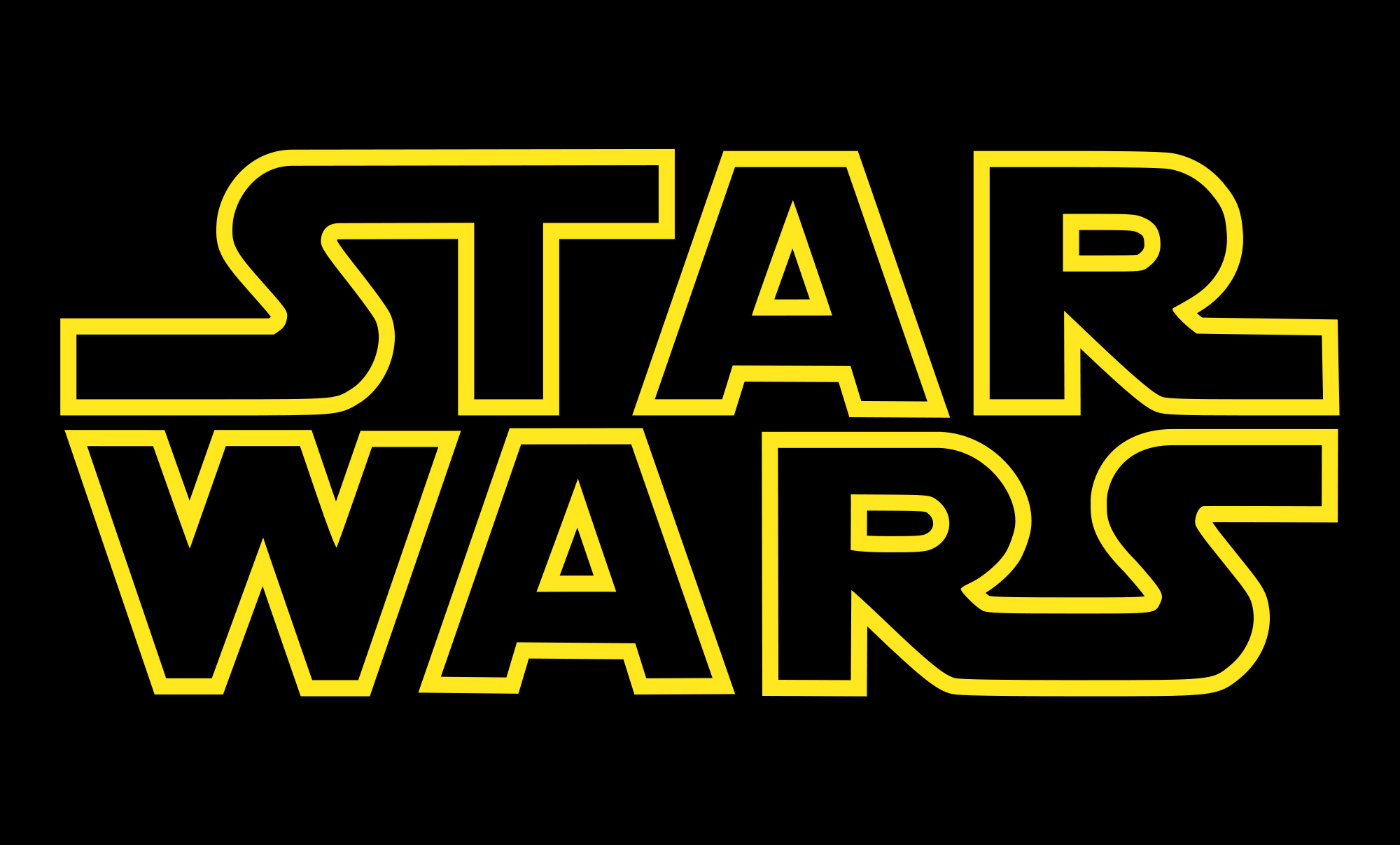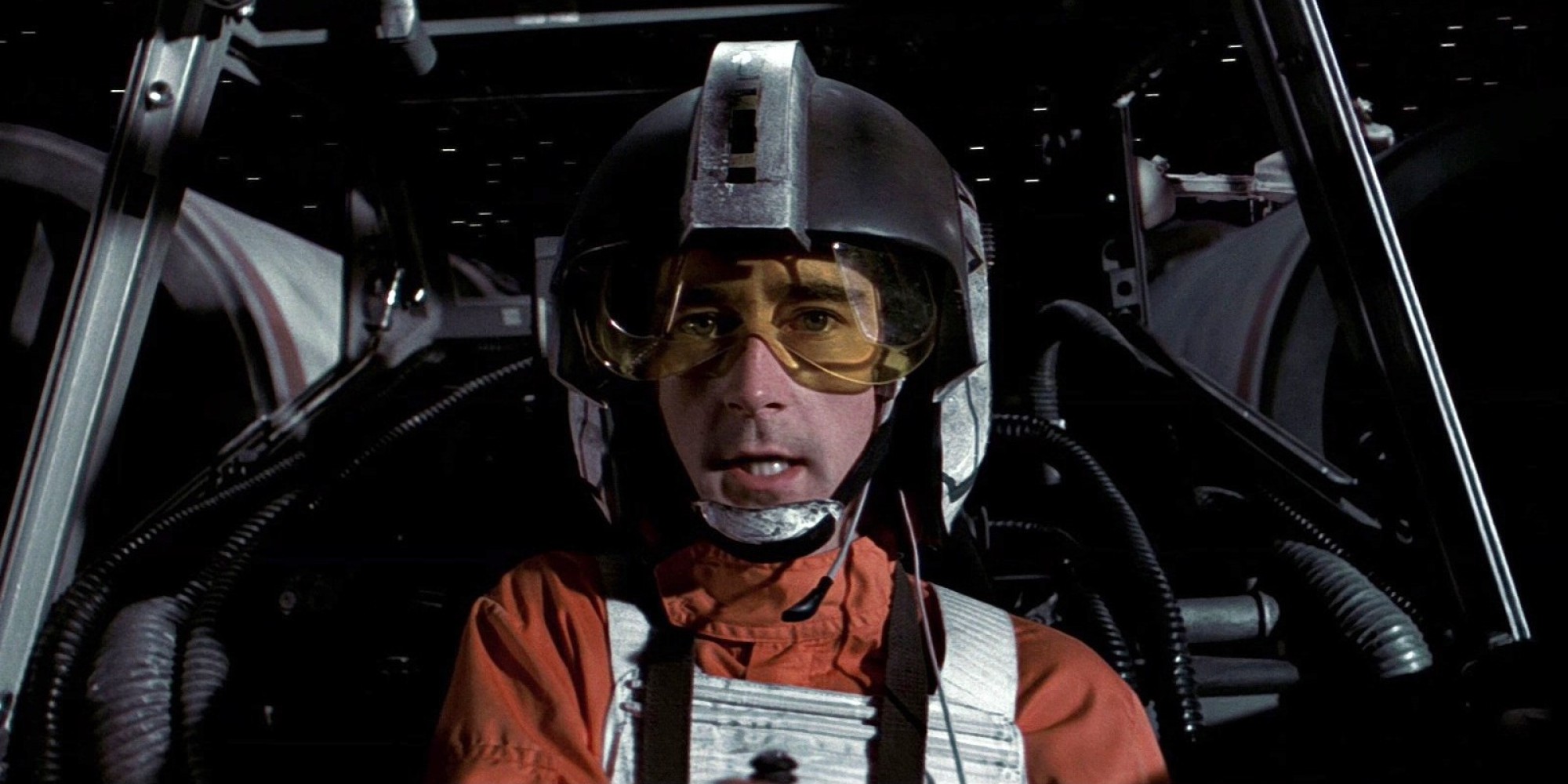It doesn’t matter if the new Star Wars movie is good or not. It only matters that there’s a new one, and that it creates more space for our imaginations to play in.
It doesn’t matter that the Star Trek universe doesn’t always make a lot of sense. It only matters that the captain and crew of whatever interact with each other and the places they boldly go.
There’s a difference between good worldbuilding and good storytelling, and it’s possible for something that has one but not the other to be really, really great. Star Wars is one of those things. Some of the more well-reasoned criticism of Star Wars is that the storytelling isn’t great. This is certainly true of the prequels, and the originals were certainly drawing heavily from other, older stories. The thing is, Star Wars isn’t about its stories. It’s about the setting, the universe that the characters inhabit. It opens up by telling you this: “A long time ago, in a galaxy far, far away.”
The worldbuilding of Star Wars is a rare jewel. It sparks the imagination, giving you both strange and relatable things in equal measure and leaving plenty of space for you to fill in details in your mind. There’s evidence of this all over the place. What other property has sparked so many books, so much fan-fiction, so many entries in every imaginable medium by as many varied creators as Star Wars? It’s a really short list, and every single one of them is coming from a place where the setting comes before the stories told within it.
This isn’t to say that worldbuilding is more important than storytelling by any means, it just creates a different kind of experience. It’s entirely possible to create a compelling world that’s devoid of story– tabletop RPGs have been doing this for decades, and early MMOs did the same, showing off far more world than story. It’s also possible to create stories with little to no worldbuilding– romantic comedies do this constantly, as do many horror films.
It’s very easy to get caught up in viewing everything through the lens of storytelling, rather than worldbuilding. After all, it’s the storytelling that stirs our emotions, and worldbuilding as a concept is a lot younger than storytelling. In a lot of ways, we lack the language to adequately talk about it– we can talk about how a story is moving or is paced well, but we have to get a lot more complicated and a lot more academic to talk about whether or not a setting is consistent, or conceptually large, and in what ways.
I continue to use the word “space” to describe good worldbuilding. It comes from the idea of a map, and how much of it is shown vs blank. When you see a map with blank space on it, and other parts filled in, you can start to imagine what might go in that blank space. I think of good worldbuilding like a map, not just of geography, but of people, ideas, cultures, technology, and everything else. These things don’t stir your emotions on their own, but they’re both the foundation and the details of your story. Good worldbuilding gives you space to both frame the story that’s being told and imagine all the stories that aren’t being told alongside the one you’re experiencing. Star Wars is this. You imagine the galaxy, with all its planets and people. You hear that “no ship that small has a cloaking device”, and not only immediately imagine what kind of ship DOES, but what if a ship that small DID, even though no cloaking device ever appears in the series.
You see one Imperial officer get choked to death by Vader while another looks on nervously, and the doubt and worry shown on his face despite his disciplined thanking of Vader for his new “promotion” suggests a person who’s a little worried about his job. It creates the space to imagine someone for whom that worry is too much to handle, and defects from the Empire, and suddenly all those ace pilots in the Rebellion start to make sense. These things aren’t plot points; most of them are throwaway lines or scenes with a different story point entirely. They do, however, add more blank space to the map to capture your imagination.
Sometimes you see worldbuilding that exists solely to support the story. It’s hard to imagine a character that isn’t a part of the story; they have nowhere to live, nothing to do. Zelda games tend to be a lot like this. You’ve usually got The Castle, which appears to rule over The Land, which is mostly empty except for some ruins and The Village. There are about four houses in this village, and I’m not sure who lives in them or what they do all day. The castle is full of guards, usually two or three times as many as there are people in the village, but what they’re guarding against when they aren’t mind-controlled and fighting you is uncertain. Nothing, really, because they exist to serve the story of you eradicating darkness from the land. It’s not about the world in Zelda, it’s about the story of you vanquishing evil.
Note that I don’t think this is inherently bad. The world doesn’t necessarily need to be robust and compelling with a lot of imagination space for the experience to be good. However, there’s a LOT less Zelda fiction than there is Star Wars. It’s fun, but it doesn’t capture the imagination because the experience is entirely contained and explores the entire world, end to end. The entire map is filled in by the time you’re done; there aren’t any blank spots for you to speculate about.

This map even has arrows to let you know that there’s stuff out there you haven’t seen. What’s it like in Orlais? In the Free Marches? What’s across that ocean?
Going back to Star Wars, this is why even bad Star Wars is good. The prequels aren’t very well liked for their storytelling– the storytelling in them is frankly pretty bad, but they hint at things that the original trilogy didn’t. They added a lot more to the map, as it were, and a lot of blank space. Knights of the Old Republic did the same thing, and it’s widely considered one of the best additions to the Star Wars license. Midichlorians were hated because they shrunk the universe, reduced the mysterious Force to something mundane and scientific– it filled up a huge blank space on the map with something boring. It’s also why most of the Expanded Universe has been blown up– most of the EU was focused on filling in those blank spots on the map, to the point where it became very difficult to find any blank space to speculate about. Starting over in the EU creates a lot more space.
Episode 7 is the same. It doesn’t have to be a great movie, or even a good one, so long as it makes the Star Wars universe bigger and not smaller. What I’m seeing in the trailers, what excites me, isn’t that I’m expecting some great story, but that I’m seeing hints of a new map, with a lot more blank space on it.




1 comment